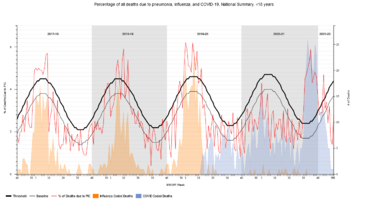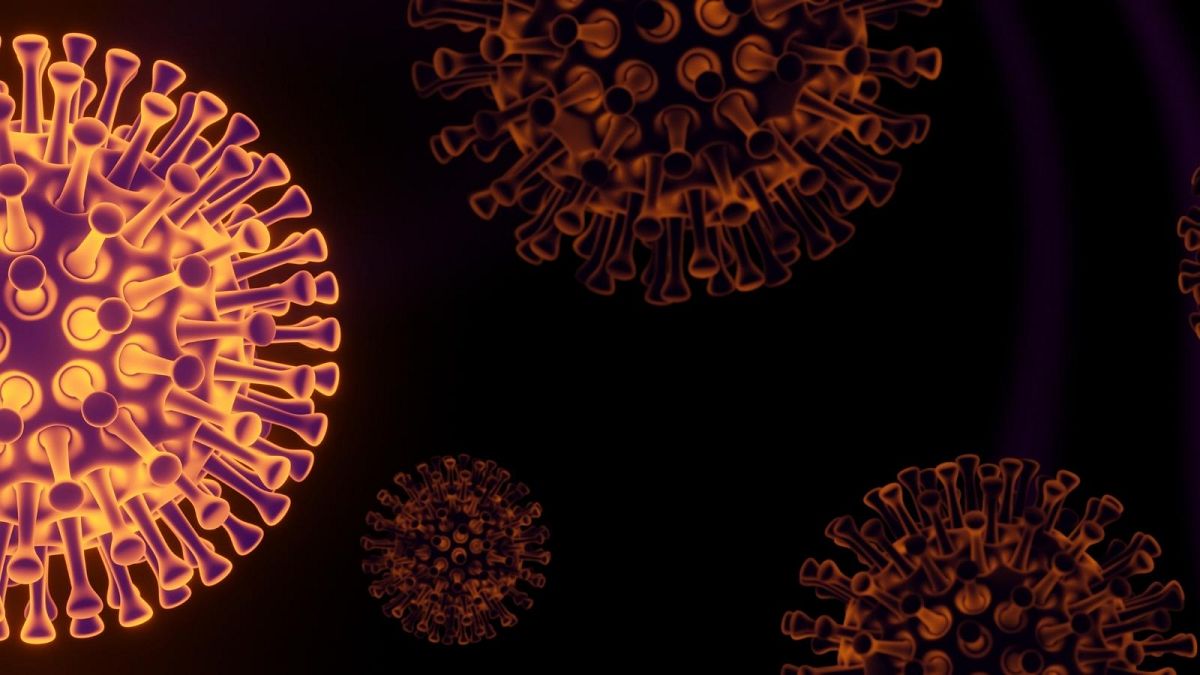TeDaDeS
Forum Addict!
Although I also found this post from the CDC which appears to highlight this risk in their data already:Thanks. Combined with the other paper you sent earlier, doesn't look bright.
"The findings in this study are subject to at least six limitations. First, the risk estimates from this study reflect the risk for myocarditis among persons who received a diagnosis of COVID-19 during an outpatient or inpatient health care encounter and do not reflect the risk among all persons who had COVID-19. Second, misclassification of COVID-19 and myocarditis is possible because conditions were determined by ICD-10-CM codes, which were not confirmed by clinical data (e.g., laboratory tests or cardiac imaging) and could be improperly coded or coded with a related condition (e.g., pericarditis). Third, encounters for COVID-19, myocarditis, and COVID-19 vaccination occurring outside of hospital systems that contribute to PHD-SR are not included within this data set. Fourth, underlying medical conditions and alternative etiologies for myocarditis (e.g., autoimmune disease) were not ascertained or excluded. Fifth, the obtained measures of association could be biased because of the choice of the comparison group (all patients without COVID-19) and if physicians were more likely to suspect or diagnose myocarditis among patients with COVID-19. Finally, the findings represent a convenience sample of patients from hospitals reporting to PHD-SR and might not be generalizable to the U.S. population."
Link: https://www.cdc.gov/mmwr/volumes/70/wr/mm7035e5.htm
They also appear to include the known risk of myocarditis from covid compared to the vaccination:
"Since the introduction of mRNA COVID-19 vaccines in the United States in December 2020, an elevated risk for myocarditis among mRNA COVID-19 vaccine recipients has been observed, particularly among males aged 12–29 years, with 39–47 expected cases of myocarditis, pericarditis, and myopericarditis per million second mRNA COVID-19 vaccine doses administered (6). A recent study from Israel reported that mRNA COVID-19 vaccination was associated with an elevated risk for myocarditis (risk ratio = 3.24; 95% CI = 1.55–12.44); in the same study, a separate analysis showed that SARS-CoV-2 infection was a strong risk factor for myocarditis (risk ratio = 18.28, 95% CI = 3.95–25.12) (4). On June 23, 2021, the Advisory Committee on Immunization Practices concluded that the benefits of COVID-19 vaccination clearly outweighed the risks for myocarditis after vaccination (6). The present study supports this recommendation by providing evidence of an elevated risk for myocarditis among persons of all ages with diagnosed COVID-19."
And highlight that they should take this into account in their vaccine strategy:
"Myocarditis is uncommon among patients with and without COVID-19; however, COVID-19 is a strong and significant risk factor for myocarditis, with risk varying by age group. The findings in this report underscore the importance of implementing evidence-based COVID-19 prevention strategies, including vaccination, to reduce the public health impact of COVID-19 and its associated complications."
However this nuance, that appears to be known, doesn't always reflect in local policies.
Example of small things that are missing nuance:
If you look to the CDC covid death counter, there is no explanation about how to read this information: https://covid.cdc.gov/covid-data-tracker/#cases_casesper100klast7days
It's just: these people tested positive for covid and died.
When you look at the same data for vaccine deaths: https://www.cdc.gov/coronavirus/2019-ncov/vaccines/safety/adverse-events.html
You get a clear warning: "Reports of adverse events to VAERS following vaccination, including deaths, do not necessarily mean that a vaccine caused a health problem.".
While that statement is completely true, why wouldn't you always want to make clear how to interpret the presented data. I see it's only done for the vaccine data, while you would like to have accurate data for covid deaths also (I mean, these are thrown around in the news without any nuance, the higher the better). I bet the covid counter is way less accurate, but we really don't care as it's into the millions anyway. But you could at least be consistent and state that this data probably isn't accurate with the notion that it doesn't change the fact that covid probably caused most of them. I mean people use to die also, we can probably check all the expected deaths and see if other usual reasons of death are much lower now.
Example, flu deaths in the US under 18 years old:
Orange is flu, blue is covid. As you can see covid replaced flu deaths if you look to the year 2020/2021.
This could be attributed to lockdowns, washing hands, etc. But probably a similar percentage of people are still vulnerable and could die from getting a respiratory disease.
If true it's pretty harsh actually, if we would have washed our hands and would take more care in 2017 we possibly could have saved these lives.

Source: https://gis.cdc.gov/grasp/fluview/mortality.html
I don't have the answer for what could work for getting healthier. Sometimes good proposals have the opposite outcome. If the government arranges everything so people stay mostly healthy, by putting restrictions or taxes on 'unhealthy' foods for example, people might not even be aware they need to pay attention to their health. In Japan for example it's normal to publicly shame people that are 'to fat' and have them pay more for their health insurance (I think being overweight is even against the law), which mostly works, but isn't an acceptable solution by most cultures.Sure they do. But just propaganda isn't enough. Maybe we need to build a society that doesn't tell to each memeber he should be the best, so that we fix the cause of the stress, or that allows people to survive working fewer hours so they can get sleep, or that doesn't fool them into consumism that gets them working more and sleeping less. Etc. Some people don't know or don't care about healthy lifestyles and may benefit from the propaganda. But some know and don't feel they can do much about it.
Last edited:




